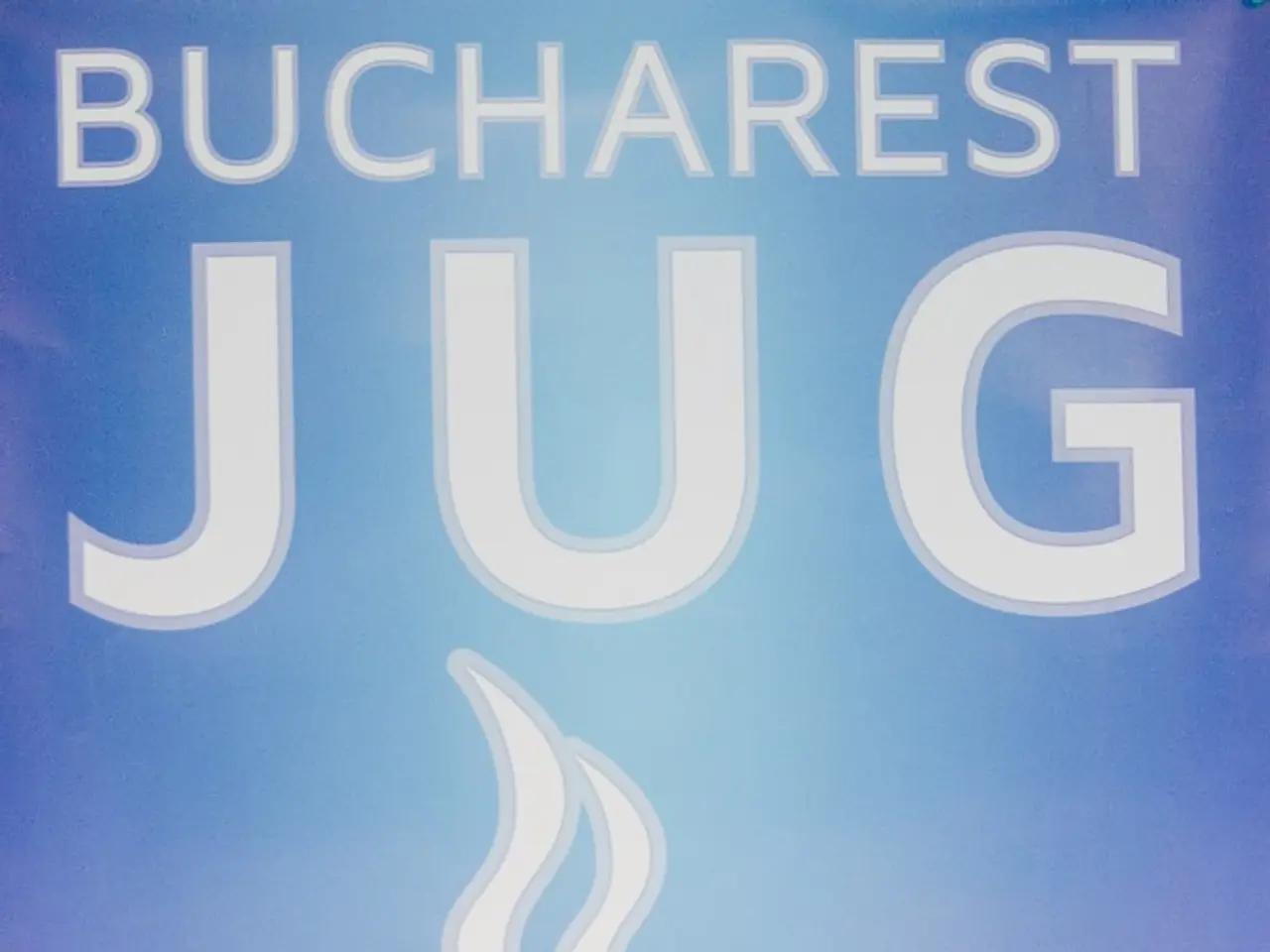Billionaire Bill Gates concentrates most of his financial assets in a limited array of four stocks.
In the world of finance, Bill Gates continues to make waves as an investor. According to the latest disclosure by the Bill & Melinda Gates Foundation Trust, the tech mogul has invested over 80% of his wealth in just four stocks.
The four stocks that form the backbone of Gates' portfolio are:
- Microsoft Corp (MSFT), which holds the largest position at around 27.27% of his total investments.
- Berkshire Hathaway Inc Class B (BRK.B), with a significant 24.53% stake.
- Waste Management Inc (WM), accounting for 15.44% of his portfolio.
- Canadian National Railway Co (CNI), which makes up 11.94% of his wealth.
Together, these four holdings constitute approximately 79.18% of his portfolio value. When adding the fifth largest holding, Caterpillar Inc (CAT) at 5.97%, the allocation exceeds 85%, indicating a heavy concentration in these top stocks.
Microsoft remains the largest holding, despite Gates reducing his Microsoft shares slightly. However, he increased his stake in Berkshire Hathaway substantially during Q2 2025.
This focus on a select few stocks mirrors the strategy of the Bill & Melinda Gates Foundation Trust, which manages the money of the world's largest private foundation. The Trust, which focuses on issues such as healthcare, poverty reduction, and access to education, has a total of 25 stocks in its portfolio, with these four dominating by value.
The dividends from these investments are substantial. Approximately $1 million in dividends are paid out per day, and Microsoft, Canadian National Railway, Caterpillar, and Waste Management together pay out over $355 million in dividends per year.
While Gates' investment strategy may be of significant importance to him, it could also potentially benefit private investors. By carefully studying the Trust's disclosures to the U.S. Securities and Exchange Commission, investors might gain insights into strategic and well-thought-out investments.
As Gates continues to shape the tech industry and philanthropy, his investment strategy is another area where he is making a name for himself on Wall Street. With a net worth of approximately $107 billion, according to Forbes, his choices carry weight, and his portfolio's performance is eagerly watched by investors worldwide.
Gates' focus on Microsoft, Berkshire Hathaway, Waste Management, and Canadian National Railway forms over 85% of his investment portfolio. Interestingly, analyzing the holdings of the Bill & Melinda Gates Foundation Trust, which manages the money of the world's largest private foundation, might provide insights for private investors, given that these four stocks generate over $355 million in dividends per year.




